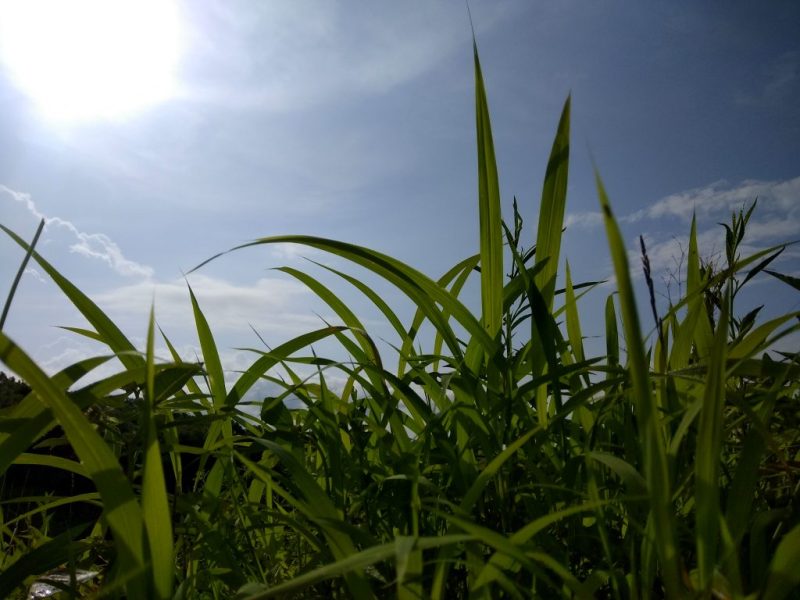Wikimedia’s Developer Advocacy Team exists to support the staff and volunteer software developers and technologists who ensure that the free knowledge on Wikipedia and its sister projects is always available and accessible to anyone with an internet connection. Developer Advocates work to grow the movement’s technical communities by coordinating participation in hackathons and technical outreach events like Google Summer of Code, Outreachy, and Google Code-in, an annual contest that provides aspiring technologists with opportunities to explore, learn, and collaborate through free and open source software projects like MediaWiki—the software platform that Wikipedia is built on.
2018 marked Wikimedia’s sixth year participating in Google Code-in. This past fall, Wikimedia’s Developer Advocacy team connected 199 students from across the globe, ages 13–17, with 39 experienced mentors to complete 765 “bite-sized” tasks for Wikimedia projects. The tasks were diverse and covered many areas of technology from code, to documentation, outreach, research, and design.
The contest ran for seven weeks. Grand Prize Winners were picked from each participating organization—there were 27 this year—and invited on a four-day trip to Google’s offices in Northern California where they will meet mentors and other contest winners. All students who completed Google Code-in tasks received a prize for participation: a digital certificate and shirt from Google.
This year, students worked on a wide range of tasks that utilized their creativity and technical skills. A popular project was the creation of a logo featuring the mythical raccoonicorn, a creature that looks like a raccoon with a rainbow unicorn horn. Raccoonicorn was born at Wikimedia’s Technical Conference and is meant to bring whimsy and help folks orient themselves at developer events.
Another project made it easier for Wikipedia editors who are interested in music to transform visual images of musical scores into sound files, so visitors can hear a composition, while sight reading it. Students helped software engineers make changes to the way Wikimedia sites are configured and helped them roll those changes onto the live sites. Others helped write documentation so technical contributors from many backgrounds are all able to follow the same processes.
Folks who participate in technical outreach programs through Wikimedia get to work hands on with the technology that supports its many online projects. They gain insight about how large, collaborative online projects are organized and how to work and communicate on the internet in positive ways. They share their knowledge and skills with diverse groups of individuals, from novice technologists, to experts in the field of technology. The tasks they complete may seem small in scale, but the work can have a big influence on the quality of experiences millions of visitors have when they come to Wikipedia and other projects in search of free knowledge.
For Wikimedia’s mentors, technical outreach programs are a great way to focus attention on tasks that have been on hold. “Some mentors come up with tasks to offer which they’ve always had on their mind but never managed to get done themselves due to time restraints and other priorities,” says Wikimedia Developer Advocate Andre Klapper, who helped coordinate this year’s Google Code-in contest for Wikimedia. Mentors also learn a lot from the students. “They gain awareness about the kind of problems students and newcomers run into when they try to set up development environments”—these are tools and procedures that software creators use to do their work—”and where project documentation is unclear and can be improved.”
Wikimedia’s Developer Advocates work tirelessly to identify new opportunities for technical outreach to support newcomers and students who want to learn and contribute. Partnerships and collaborations with other open-source organizations and private companies like Google provide a powerful and valuable way to bring people into Wikimedia’s technical spaces and to encourage them to grow while they are there.
Sarah Rodlund, Technical Writer, Technical Engagement
Wikimedia Foundation



